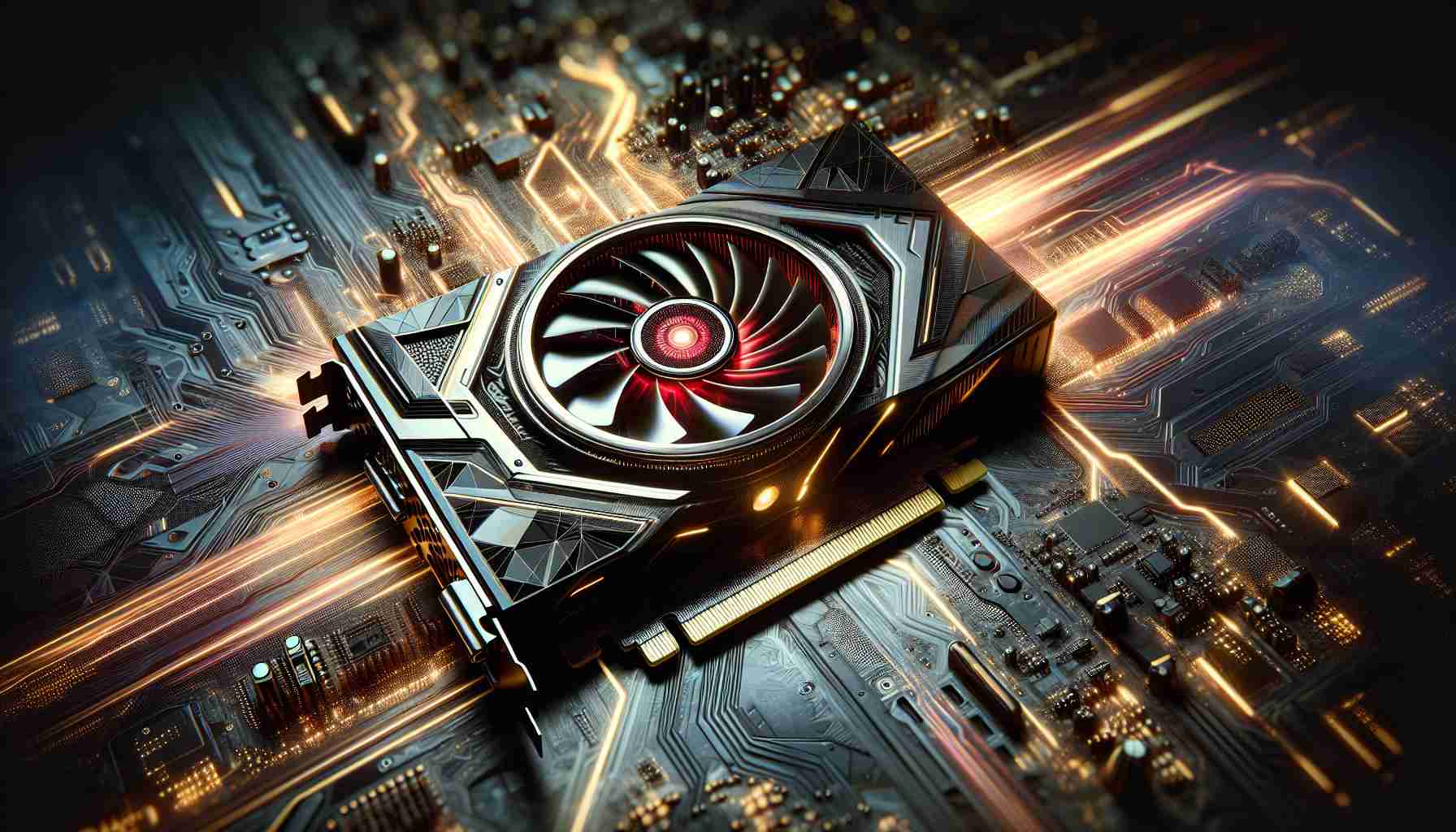In a landscape where technological advancements are constantly pushing the boundaries of gaming, Intel once again stands poised to shake up the scene. With the anticipated release of its next-gen CPUs and GPUs, Intel’s groundbreaking innovations promise a transformative gaming experience. These advancements don’t just aim for improved performance but rather a fundamental change in how games are developed and played.
Introducing Hybrid Computing
Intel’s upcoming processors are set to feature hybrid architectures that seamlessly blend high-performance cores with energy-efficient ones. This hybrid computing approach offers significant improvements in multitasking and optimization, promising breathtaking in-game environments without compromising on speed or power consumption. Gamers can look forward to a future where resource-heavy games run effortlessly, with real-time ray tracing and AI-driven enhancements setting new standards for graphics and realism.
Pioneering AI in Gaming
AI-centric features of Intel’s future hardware are poised to redefine gaming intelligence. With advanced machine learning capabilities, game AI can adapt in real-time to players’ strategies, providing more challenging, engaging gameplay. This development also opens the door for personalized gaming experiences, where games adjust difficulty and storylines based on individual user preferences.
Looking Ahead
Intel’s unwavering commitment to innovation places them at the forefront of a potential gaming revolution. These technologies hint at a future where the line between virtual and reality blurs, elevating immersive gaming to unprecedented heights. For gamers and developers alike, the future promises not just new worlds to explore but entirely new ways to explore them.
The Unseen Side of Intel’s Gaming Revolution
As Intel gears up to change the gaming landscape with its next-gen CPUs and GPUs, the ripples of this technological leap promise more than just an enhanced gaming experience. The hybrid computing and AI advancements carry implications far beyond what has been widely discussed.
Community and Economic Impacts
The introduction of Intel’s hybrid architecture could significantly democratize gaming access. As high-performance computing becomes more energy-efficient, regions with limited power resources can support more robust gaming, expanding global gaming communities. This improved access might stimulate local economies by fostering new tech and creative industries, ultimately leading to job creation and educational opportunities.
Sustainability Controversies
However, the shift towards more energy-efficient technology raises sustainability questions. Could the increased production of advanced chips offset energy savings with greater electronic waste? This eco-dilemma underscores the need for Intel and industry partners to invest in sustainable production practices.
Challenges and Considerations
While AI promises personalized experiences, it also raises concerns about privacy and data security. How much personal data will games need to tailor experiences, and how will this data be protected? The potential for AI bias also deserves attention, as it could lead to unequal gaming experiences among diverse demographic groups.
In conclusion, Intel’s upcoming innovations hold the promise of expanded accessibility and fresh experiences. However, the advantages come with a host of economic, environmental, and ethical considerations. As we anticipate these changes, it’s crucial to ask ourselves: Are we prepared for the broader impacts they herald? For more on Intel’s advancements, visit the Intel website.



















